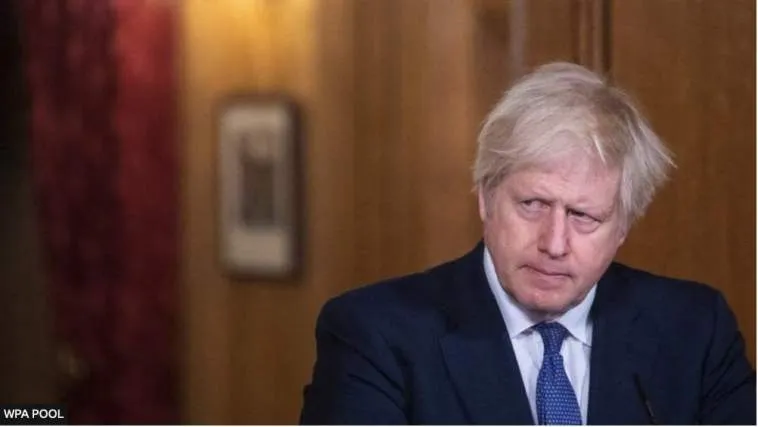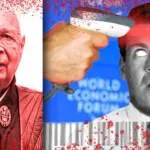(BBC) Less than three years ago, Boris Johnson led the Conservatives to their biggest election victory since 1987.
Now, the prime minister has lost the support of his MPs and is set to resign. How did it come to this?
The Chris Pincher affair
On Wednesday 29 June, the MP Chris Pincher – at the time, the Conservative deputy chief whip – went to a private members’ club in London. In his words, he “drank far too much” and “embarrassed himself”.
He was accused of groping two men, which led to flurry of allegations, some dating back years. It set off a chain of events that ended with the prime minister’s downfall.
First, Downing Street said Mr Johnson was not aware of “specific allegations” about Mr Pincher before appointing him as deputy chief whip in February. Ministers later reiterated this line – even though it turned out to be inaccurate.
On 4 July, the BBC reported Mr Johnson had been aware of a formal complaint. The next day, a former civil servant – Lord McDonald – said the prime minister had been told of the complaint in person.
Mr Johnson then admitted he had been told in 2019, and apologised for appointing Mr Pincher as deputy chief whip.
Partygate
In April this year, the prime minister was fined for breaking lockdown rules,after attending a gathering on his birthday in June 2020.
He also apologised for going to a “bring your own booze” party in the Downing Street garden during the first lockdown.
More widely, the Metropolitan Police issued 126 fines to 83 people for breaking lockdown rules in Downing Street and Whitehall.
And a report by Sue Gray – a senior civil servant – described a series of social events by political staff that broke lockdown rules.
“The senior leadership at the centre, both political and official, must bear responsibility for this culture,” she wrote.
The cost of living crisis – and a tax rise
Inflation has risen sharply in 2022, to the current rate of 9.1%.
Many of the reasons were outside of Boris Johnson’s control. Russia’s invasion of Ukraine, for example, has led to rises in oil prices and the cost of food.
And, while the government has taken some steps – for example, by cutting fuel duty by 5p per litre – it also went ahead with a tax rise in April. National Insurance went up by 1.25 pence in the pound.
The government said the tax rise would pay for health and social care, and changes that kicked in this week softened the blow – but anyone earning more than £34,000 a year will still pay more.
“In the middle of the worst cost of living crisis for decades,” said Labour leader Sir Keir Starmer in April, “the government chooses to increase taxes on working people”.






